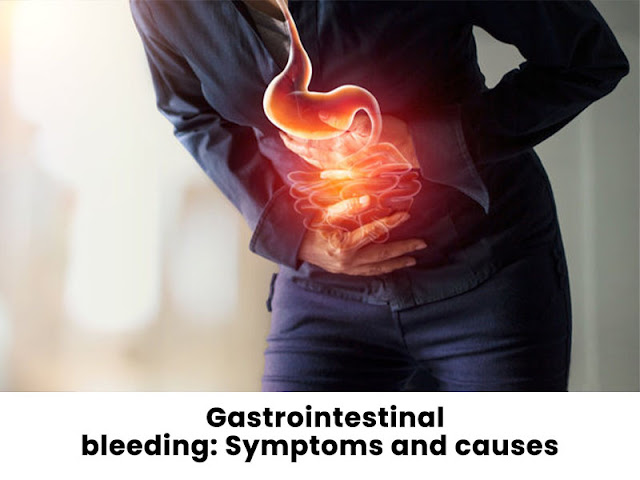Gastrointestinal bleeding occurs in the digestive tract and is a potentially serious health issue. Recognising the symptoms as well as knowing the causes of this condition is crucial for prompt diagnosis and effective treatment. Here, the top GI surgeon in Kolkata has discussed the symptoms and causes of gastrointestinal bleeding.
Symptoms of gastrointestinal bleeding
Some of the common symptoms of gastrointestinal bleeding are:
1. Blood in stool: One of the most noticeable symptoms of gastrointestinal bleeding is blood in the stool. This indicates bleeding in different parts of the digestive tract. Bright red blood typically suggests bleeding in the lower digestive tract, while black stool may indicate bleeding higher up, in the stomach or upper intestines.
2. Vomiting blood: Vomiting blood is another alarming symptom of gastrointestinal bleeding. This requires immediate medical attention as it can be a sign of severe bleeding.
3. Weakness and fatigue: Extreme fatigue is also a sign of gastrointestinal bleeding. If ignored, it can result in anemia. Some symptoms of anemia include weakness, fatigue, and shortness of breath. These are indicative of ongoing bleeding that requires immediate medical intervention.
4. Abdominal pain: Gastrointestinal bleeding can cause abdominal pain or discomfort, which may vary in intensity and location depending on the source of the bleeding.
Causes of gastrointestinal bleeding
As per the gastrointestinal surgeon, the causes of gastrointestinal bleeding are:
1. Peptic ulcers: Ulcers in the stomach or the upper part of the small intestine are a common cause of gastrointestinal bleeding. These open sores can develop due to the depletion of the protective lining of the intestines by the stomach acid.
2. GI tumors: Gastrointestinal tumors may lead to bleeding, causing erosion, ulcers, or blood vessel compression.
3. Gastritis: It is the inflammation of the stomach lining leading to bleeding. Chronic gastritis may result from infections, prolonged use of certain medications like aspirin, or excessive alcohol consumption.
4. Esophagitis: Dilated veins in the lower part of the esophagus, often found in individuals with liver cirrhosis, can rupture, causing severe bleeding, which can turn out to be life-threatening.
5. Diverticulosis: Diverticula are small pouches that form in the walls of the colon. When these pouches become inflamed, it can result in gastrointestinal bleeding.
6. GI cancer: Cancerous tumors in the gastrointestinal tract can weaken the surrounding blood vessels, making them susceptible to rupture and, subsequently, gastrointestinal bleeding.
Gastrointestinal bleeding is a complex health issue with various potential symptoms and causes. Recognising the signs early on is the first step to an effective diagnosis. If you or someone you know experiences symptoms of gastrointestinal bleeding, it is imperative to promptly consult the top GI surgeon in Kolkata.




0 Comments